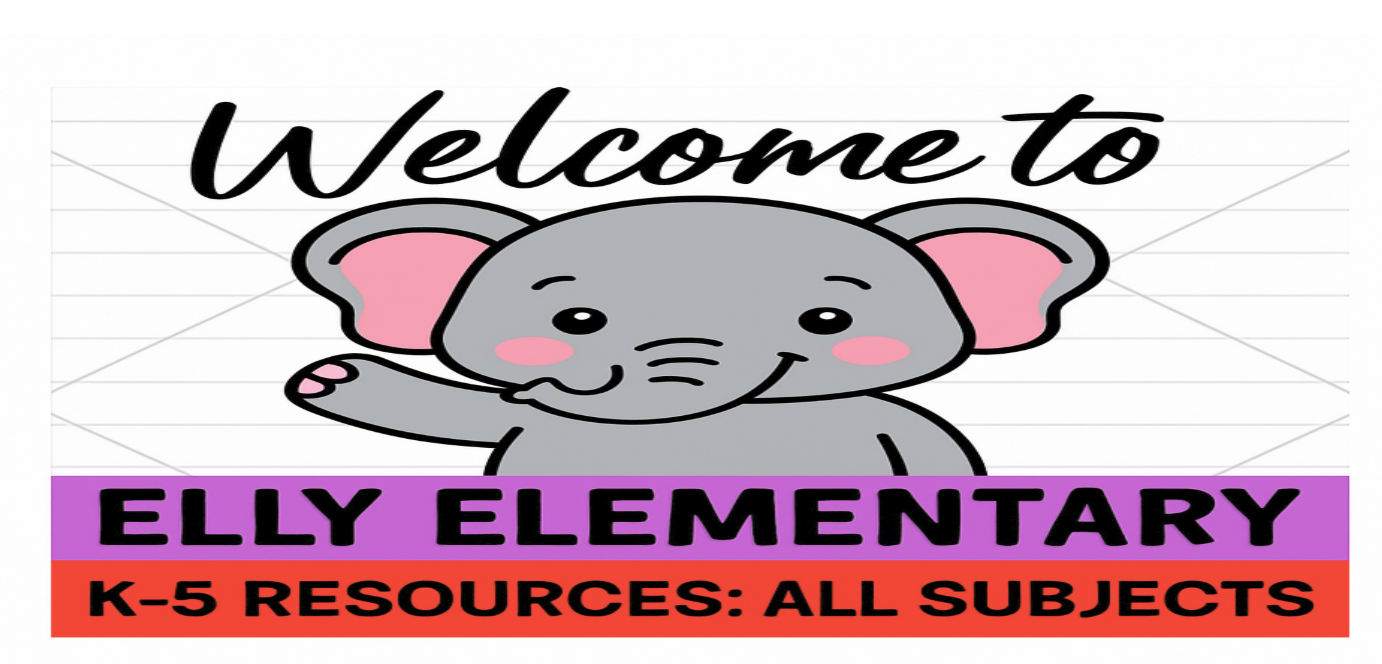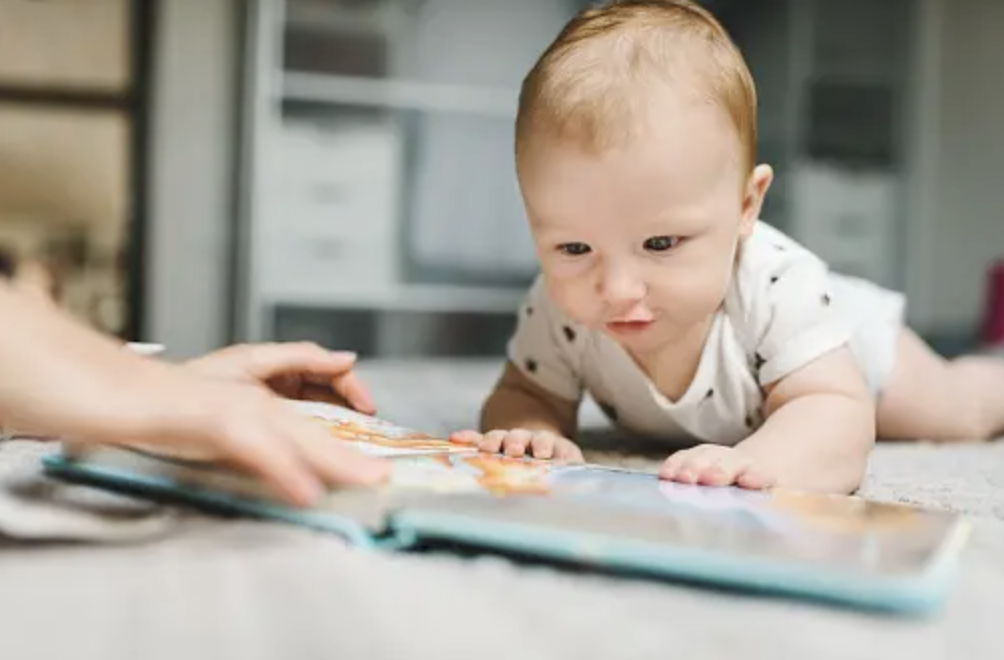When a child is born, they do not immediately acquire language in the sense of being able to communicate effectively. However, infants are born with certain innate abilities and predispositions that facilitate language acquisition. From birth, babies are attentive to the sounds of human speech, and they begin to distinguish the phonetic contrasts of their native language(s) from those of other languages.
During the first year of life, infants start to babble, producing strings of sounds that resemble the language(s) they are exposed to. Over time, they learn to produce specific sounds of their native language(s) and recognize words. By around 12 months, many children utter their first words.
As children grow, they continue to acquire language at a rapid pace. They learn new words, grammatical structures, and the rules of their language through exposure, interaction, and experimentation. By the age of two or three, most children have developed a basic vocabulary and are able to string words together to form simple sentences. As they progress through childhood, their language skills become increasingly sophisticated, allowing them to express complex thoughts and engage in more nuanced communication.
Language acquisition is a gradual and ongoing process that unfolds over many years, with children constantly building upon their existing linguistic knowledge and skills through exposure to language-rich environments and interactions with caregivers, peers, and other members of their community.
Language Acquisition by Age:
Language acquisition is a fascinating process that begins at birth and progresses rapidly during the early years of life. Here's a general overview of language acquisition milestones by age:
Birth to 6 months:
- Babies start to recognize and differentiate between different sounds in their environment.
- They may coo, gurgle, and make other vocalizations in response to stimuli.
- They begin to understand simple gestures and facial expressions.
6 to 12 months:
- Babies start babbling, producing repetitive syllables like "ba-ba" or "da-da."
- They begin to understand basic words like "mommy" or "daddy" and simple commands.
- They may imitate some simple sounds and gestures.
12 to 18 months:
- Vocabulary growth accelerates, with children acquiring several words and linking them to objects and actions.
- They start to use single words to communicate basic needs and desires.
- They may start to combine words, forming simple phrases like "more milk" or "big dog."
18 to 24 months:
- Children's vocabulary expands rapidly, often learning several new words each day.
- They begin to use two-word phrases and simple sentences to express themselves.
- They may start to use pronouns like "I," "you," and "me."
- Their comprehension of language also improves significantly.
2 to 3 years:
- Vocabulary continues to grow, with children learning hundreds of new words.
- They start to use more complex sentences and ask simple questions.
- They develop a better understanding of grammar rules, though errors are still common.
- They begin to engage in more elaborate conversations and storytelling.
3 to 4 years:
- Children's language skills become more sophisticated, with improved pronunciation and grammar.
- They use longer and more complex sentences, with a growing ability to express thoughts and feelings.
- They develop a better grasp of concepts like past and future tense.
- They begin to understand and use more abstract language.
4 to 5 years:
- Children's language becomes increasingly adult-like, with clearer articulation and more accurate grammar.
- They can engage in more complex conversations and discussions.
- They start to understand and use more complex vocabulary.
- They develop storytelling skills and can recount past events in detail.
It's important to note that these milestones can vary widely from child to child, and factors such as environment, exposure to language, and individual differences play significant roles in language development. Additionally, language acquisition is not limited to these age ranges, as learning continues throughout life. Check out my ebook: Language Development from Day One for more specifics.

Please visit me on my Facebook page, Elly Elementary, and feel free to email me at Elly713@ellyelementary.com.



Comments ()